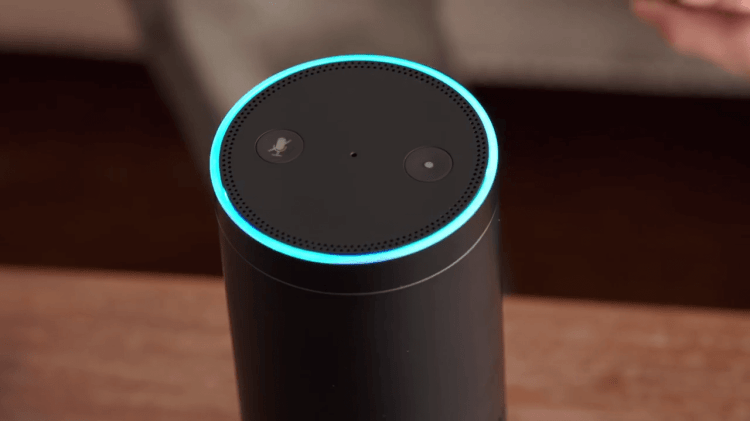Watch all the Transform 2020 sessions on-demand here.
Back in early 2009, many brands realized for the first time that iPhone apps could be a branding vehicle. Suddenly, there was a frenzy of activity as marketers rushed branded apps to the marketplace.
In 2017, history seems to be repeating itself. In this case, many marketers are quickly building “Skills” on Amazon Echo. Such Skills include ordering a pizza on Domino’s, fetching an Uber, and connecting to your FitBit. In early January, Amazon announced it had 7,000 Skills in its Alexa Skills Marketplace, a 7X increase in seven months.
Many of those are branded Skills. For instance, GE is using Alexa as a means to provide voice control for its appliances, and BMW and Hyundai feature Alexa in their vehicles, while LG even lets people control their fridge.
Despite the presence of such major brands, though, this isn’t the second coming of the App Store. Voice-control isn’t actually new, for one thing, and its use cases are much more limited than those of standard apps. Skills are less a brand-building exercise than an Echo-building exercise.
June 5th: The AI Audit in NYC
Join us next week in NYC to engage with top executive leaders, delving into strategies for auditing AI models to ensure fairness, optimal performance, and ethical compliance across diverse organizations. Secure your attendance for this exclusive invite-only event.
The zero UI era
Alexa is the most conspicuous element of home automation, but the market is growing quickly and will soon include other big players. Google introduced Google Home in November 2016. Apple’s HomeKit lets consumers turn on their lights and adjust their thermostats via Siri. Microsoft is also bringing its Cortana voice-controlled interface into this environment. Juniper Research estimates that the number of connected appliances in smart homes will rise to 20 million by 2020.
In this so-called “zero-UI” environment, consumers will interact with brands via their voices, gestures, and facial recognition, among other AI-based technologies.
So far, that communication is mostly happening via voice. In this context though, Amazon’s Echo isn’t really anything new. Consumers can get the same functionality from an iPhone with Siri, an Android phone with Google’s voice recognition, and Microsoft’s Cortana. In fact, you can place any recent-vintage Windows laptop on your kitchen counter and do everything you can do with Echo, including order a Domino’s pizza.
Chances are you won’t, though, because you’d probably rather see what you’re ordering. That’s one major problem with voice-only interfaces: They are lousy for shopping. Imaging trying to find a new pair of shoes, for instance, by listening to Alexa read back descriptions. Voice control is also awkward to use in public and is still glitchy enough to get things wrong. Last year, J.D. Power said voice-control dashboard interfaces were the No. 1 problem for motorists.
The future for voice control
While voice control will invariably improve, it’s unlikely that consumers of the near future will use Alexa to call on their favorite Skills. As with smartphones, they are likely to either use generic commands like “order me a pizza” or “check my bank balance” and have Alexa fill in the relevant brands.
That’s a huge opportunity for Amazon, but the company will be vying with Google, Apple, and Microsoft, among others, all of whom are working to build out voice-based search. None of those companies have yet offered a competitor to Amazon’s Skills, perhaps for good reason.
Unlike Amazon, those companies don’t have to support a cute device that so far is a novelty rather than a necessity. At this point, Skills are more a value-add for Echo than a full-blown ecosystem like the App Store. That could change, but even in the App Store, most branded apps don’t get a lot of traction. In the future, when consumers talk to brands, they’ll be calling on Alexa, Google, Siri, and Cortana. The rest will be on their own.
Jeff Ragovin is chief growth officer and investor at Social Native.


